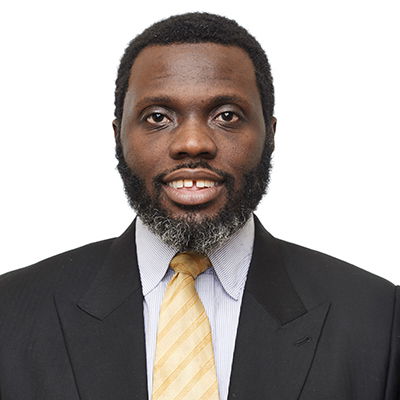Assay Validation For Clinical Diagnostics
Learn More
This training on assay validation will teach you how to validate an assay for clinical diagnostics and transition the assay into the clinical laboratory for diagnostic use. On a regular basis, there are assays that get developed that have a clear utility in the clinic. However, what may be practical within a research context may not be practical within a clinical context. In addition, these assays have to be able to handle clinically relevant samples, which often differ from the samples used in research studies. Unless an assay can give clinically actionable results in a clinical laboratory, whatever utility the assay may have will be useless to clinical practitioners, who have different demands than research laboratories.
Why You Should Attend:
In this 60-minute training, you will be able to learn what needs to be done to an assay to make sure it is ready for the clinic and how to validate such changes. In addition, you will learn how to select a clinically relevant population for a given assay, validate the assay within such a population and how to select Gold Standards for comparison. Finally, you will be able to develop clinical quality monitoring standards to make sure the assay remains relevant in a clinical context.
Areas Covered in the Session :
- What are the key differences between a research assay and a clinical assay
- How to make sure an assay can regularly be performed by a medical technologist and how to validate those changes
- How do you find clinical relevant samples to test your assay against
- How to find a Gold Standard Assay and develop a validation plan against it
- How to validate an assay for clinical use
- How to develop a clinical quality plan to make sure the assay remains valid
Who Should Attend:
- Senior Management
- Quality Assurance
- Research and Development
- Medical Technologists
- Scientists
- Regulatory Affairs
- Validation Specialists
- All Personnel who perform, supervise, manage, audit or oversee the validation of assays in a laboratory
Course Director: TODD GRAHAM
 |
|